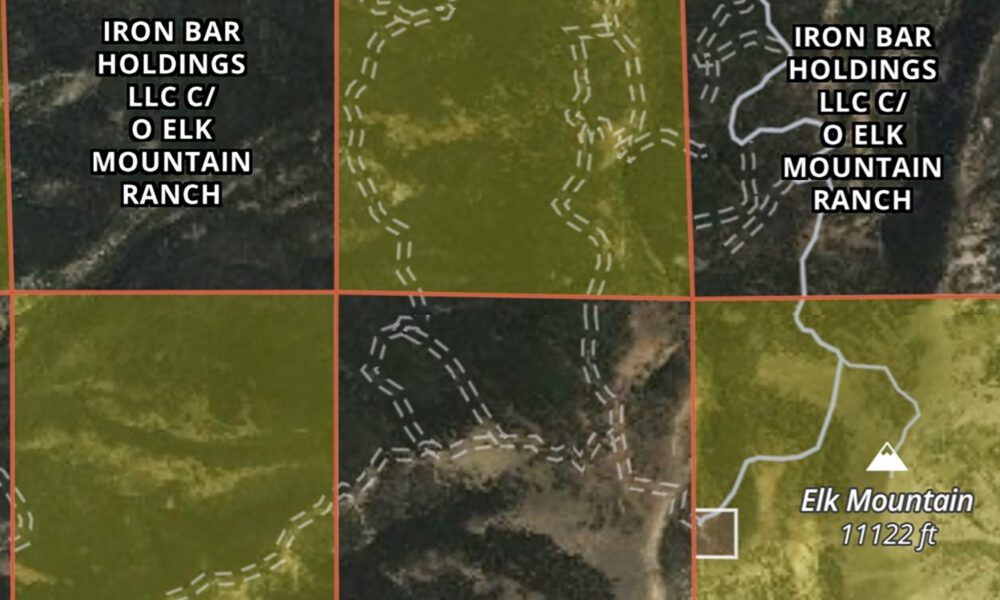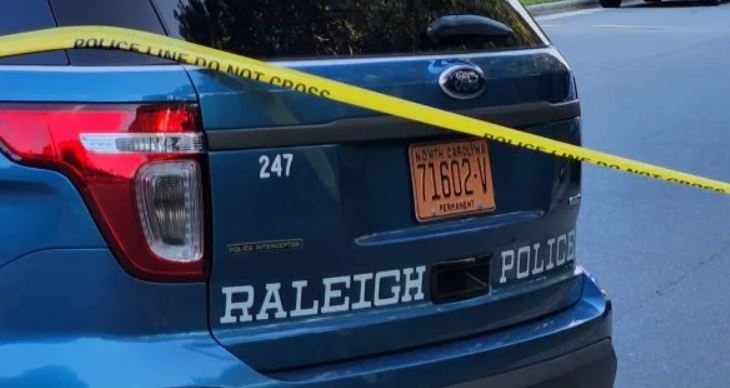UPDATE: The U.S. Supreme Court has just announced its decision to reject an appeal regarding the controversial practice of “corner crossing,” which allows hunters access to landlocked federal land. This ruling maintains the legality of corner crossing in the 10th Circuit, affecting public land access for millions, but leaves uncertainty in other regions, including the 9th Circuit, which covers Idaho and several western states.
The high court’s denial is a significant development for hunters and advocates of public land access, who had hoped the justices would clarify the legality of corner crossing across the nation. The case, Iron Bar Holdings LLC vs Bradley H. Cape et al, involved a group of elk hunters who, in 2020 and 2021, accessed a remote parcel of public land in Wyoming surrounded by private property owned by Iron Bar Ranch.
Advocates argue that corner crossing is essential to accessing over 8 million acres of federal land interspersed with private parcels in the West. The practice permits individuals to step from one corner of public land to another without physically stepping on private property, a method deemed necessary for reaching otherwise inaccessible areas.
Bradley H. Cape expressed his satisfaction with the Supreme Court’s decision, stating he always believed they were acting within legal bounds, saying, “We never thought one time that we were doing something wrong.” The 11th Circuit had previously dismissed a civil trespass suit against Cape and fellow hunters, affirming their right to corner cross as a legitimate means of accessing public land.
The ranch owners claimed that corner crossing diminished their property value by $9 million, leading to their pursuit of legal action after the hunters passed through the airspace above their land. However, lower courts, including the 10th Circuit Court of Appeals, ruled against this claim, reinforcing the hunters’ rights.
As this ruling stands, the future of corner crossing remains unclear in much of the country, leaving public land advocates on edge. With the ongoing debate about land access rights, officials and legal experts will be closely monitoring any further developments in the coming months.
The implications of this decision reach far beyond Wyoming, affecting how millions of Americans access public lands across the nation. As discussions about public land use intensify, attention will now shift to whether other circuits will address the legality of corner crossing in future cases.
Stay tuned for updates as this story continues to unfold.







